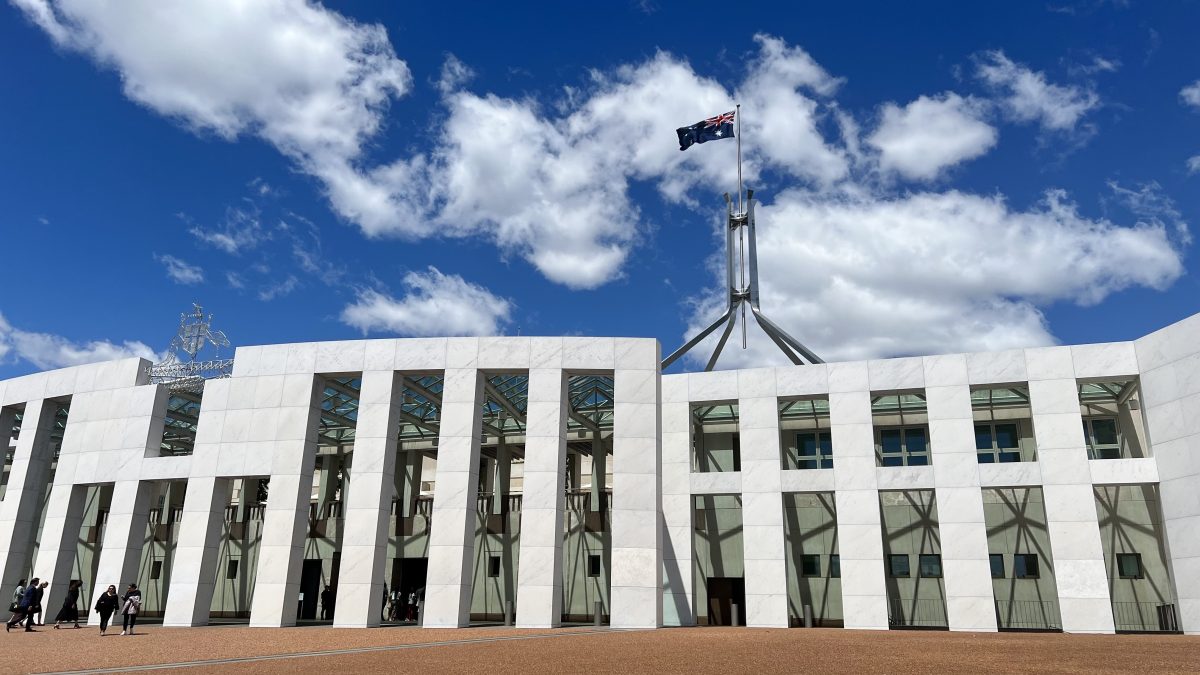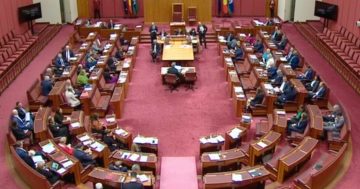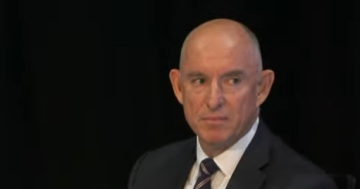
Parliament House. Photo: James Coleman.
The Australian Public Service is on notice as much as politicians are, now that the Government’s national anti-corruption commission legislation has been passed.
Labor’s election promise to establish an NACC is a firm step closer, with its bill having travelled successfully through both houses of parliament this week.
A commission will be a reality next year. The search is well underway for a commissioner.
The bill was amended, however, with greater implications for the public service.
And a successful Greens amendment to ensure the NACC itself does not misuse its powers is also something being closely scrutinised by public sector leaders.
The NACC’s commissioner will be the most senior official in charge of running the commission, while its inspector will be an independent officer with oversight of corruption concerns internally within the NACC.
Greens senator David Shoebridge said that amendment was a vital change if the commission was to be effective.
“The bill gives the NACC extremely broad powers to compel witnesses to answer questions and force the production of documents, and with this comes the need for a fully empowered inspector to be a check on any potential misuse of these powers,” he said.
The bill was passed by the Senate on Tuesday night with amendments, and had its final approval in the House of Representatives on Wednesday.
But the crossbench failed in a last-ditch attempt to remove the bill’s exceptional circumstances test and make it easier for more public hearings of the commission.
Labor also stared down the Greens and the Coalition over the NACC’s oversight committee’s powers to appoint its own future commissioners and inspectors.
A parliamentary oversight committee will have a member of the government as its chair, with the chair holding a casting vote.
This power will give the government the ability to veto appointments to the NACC.
An unsuccessful amendment put up by the Greens and ACT independent senator David Pocock would have required at least one non-government vote from the oversight committee in order for appointments to be made.
Senator Pocock described the bill’s passage, however, as a “historic moment for Australian politics” but also used Twitter to criticise Labor and the Coalition uniting to block some of the crossbench amendments.
“The major parties just voted to allow former politicians to be the NACC Commissioner or Inspector,” he said, on Twitter.
“The crossbench raised concerns about a former politician overseeing a body that is meant to investigate corruption, including corruption by politicians.”
Independent MP Helen Haines, who has long campaigned for a national anti-corruption watchdog, welcomed the success of the legislation.
“What a huge win in the fight to improve standards and restore trust in politics,” she said.
“This is the result of years of work and I am so proud it is finally a reality.”
Attorney-General Mark Dreyfus told parliament on Wednesday that it was a “historic day” for the nation.
“Labor told Australians that if we were elected we would legislate a National Anti-Corruption Commission this year. Today, that commitment is delivered in full,” he said.
“I’m proud that the bills which will pass the parliament include amendments that reflect our cooperation and our willingness to work with all sides of the parliament and stakeholders to make the National Anti-Corruption Commission the best it can be.
“This legislation delivers the single-biggest integrity reform this parliament has seen in decades.
“When you change the government, you change the country, and the National Anti-Corruption Commission will change this country forever.”
The bill had its final vote on the same day the House of Representatives censured former prime minister Scott Morrison over failing to disclose to the parliament or the public his self-appointment to a number of ministries.
He became the first former Australian prime minister to be censured.



















